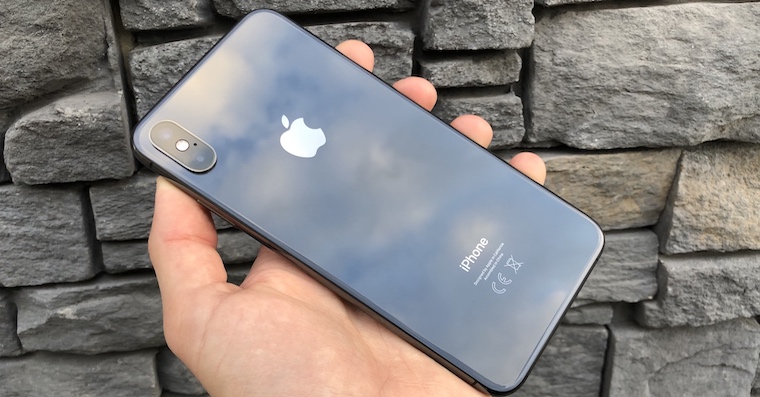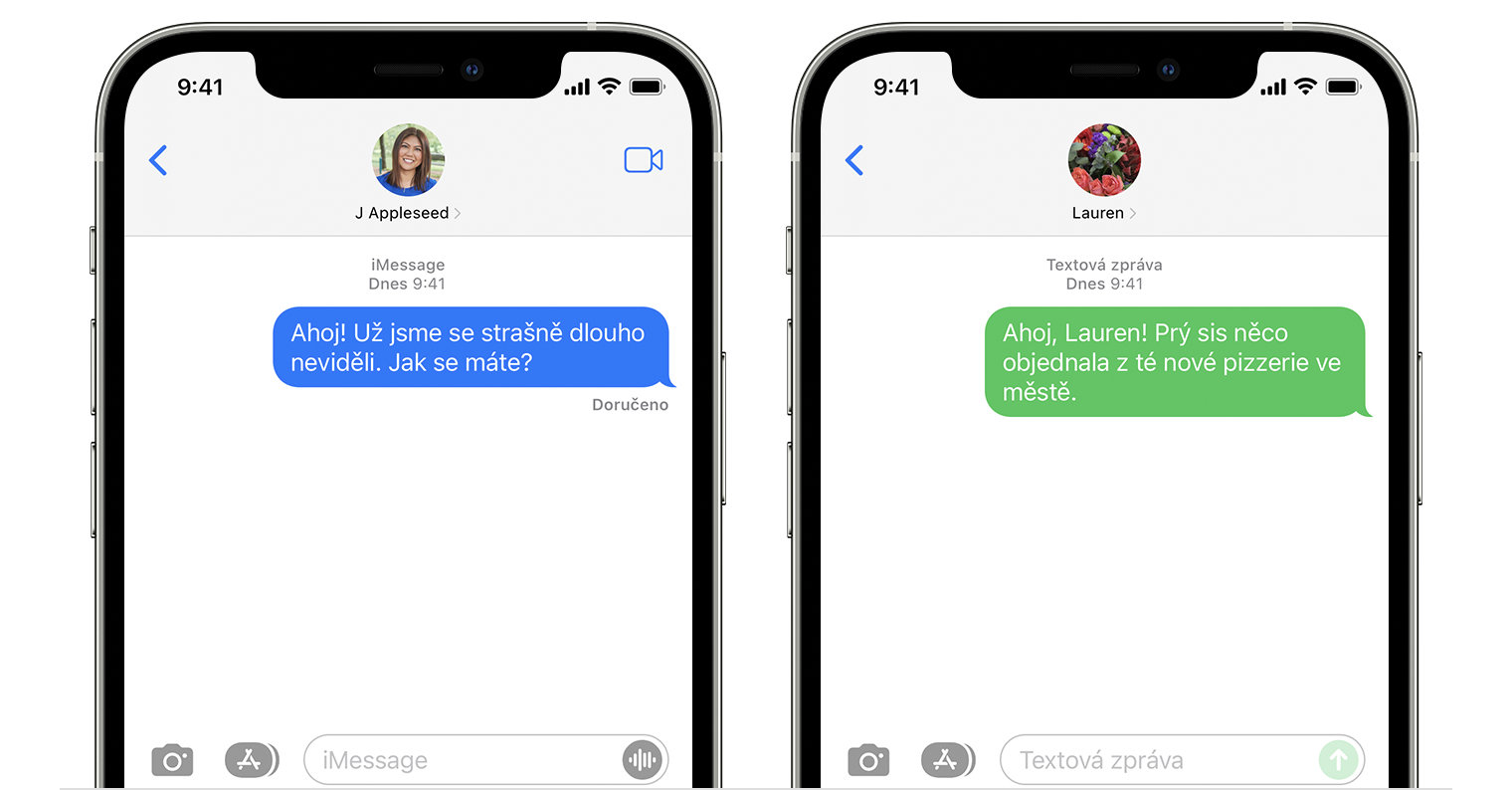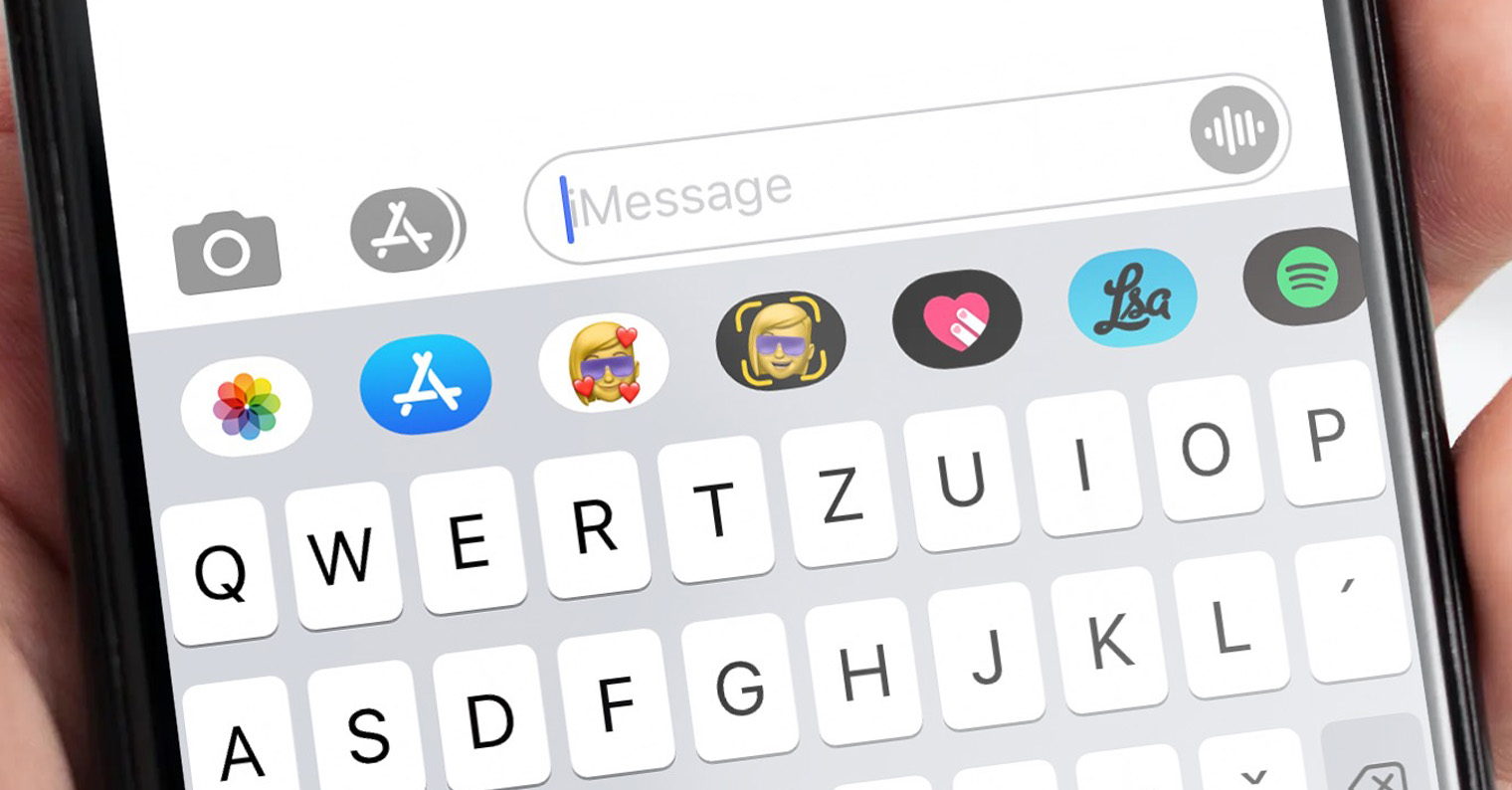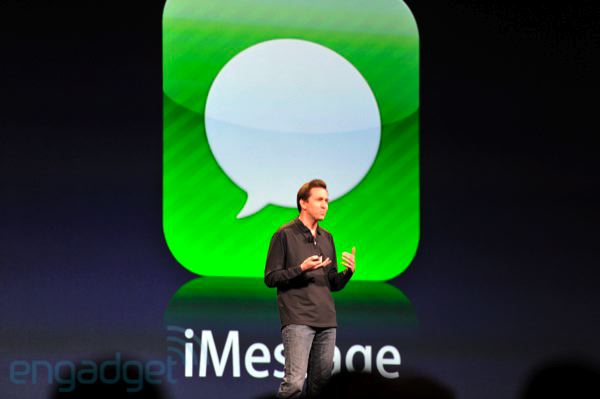Apple has developed its own iMessage communication platform for its systems, which has been with us since 2011. For the vast majority of Apple users, it is the preferred choice with a number of expansion options. In addition to classic messages, this tool can also handle sending photos, videos, animated images, as well as so-called Memoji. One of the main advantages is also the emphasis on security - iMessage offers end-to-end encryption.
It could be interest you

Although this communication platform may not be the most popular in our region, it is the opposite in Apple's homeland. In the United States, more than half of people use iPhones, which makes iMessage their number one choice. On the other hand, I have to admit that I personally handle most of my communication through the Apple app, and I rarely use competing solutions like Messenger or WhatsApp. When you think about it, it's clear that iMessage can quite easily be the most popular and used communication platform in the world. But there is a catch - the service is available exclusively to owners of Apple products.
iMessage on Android
Logically, it would make sense if Apple opened up its platform to other systems and developed a well-functioning iMessage application for competing Android as well. This would clearly ensure greater use of the app as such, as it can be assumed that practically most users would at least want to try iMessage. So you might be wondering why the Cupertino giant hasn't come up with something similar yet? In such cases, look for money behind everything. This apple platform for communication is a great way to literally lock the apple users themselves into the ecosystem and not let them go.
This can be seen, for example, in families with children, where parents are used to using iMessage, which indirectly forces them to buy iPhones for their children as well. Since the entire platform is closed, Apple holds a relatively strong playing card, which both attracts new users to the Apple ecosystem and keeps current Apple users in it.
Information from the Epic vs Apple case
In addition, during the Epic vs. Apple case, interesting information came to light that was directly related to bringing iMessage to Android. Specifically, it was an email contest between vice presidents named Eddy Cue and Craig Federighi, with Phil Schiller joining the discussion. The revelation of these emails confirmed previous speculations about the reasons why the platform is not yet available on Android and Windows. For example, Federighi directly mentioned the case of families with children, where iMessage plays a rather important role, which generates additional profit for the company.

But one thing is certain – if Apple really transferred iMessage to other systems, it would please not only their users, but above all the Apple users themselves. The problem these days is that everyone uses a slightly different application for communication, which is why each of us probably has at least three platforms installed on our mobile. By opening up iMessage to other manufacturers, this could change very soon. At the same time, the giant from Cupertino would receive extensive attention for a similarly bold move, which could also win a number of other supporters. How do you view the whole problem? Is it correct that iMessage is only available on Apple products, or should Apple open up to the world?
It could be interest you

 Flying around the world with Apple
Flying around the world with Apple 



 Adam Kos
Adam Kos
Even by mistake. Let iMessage stay where it is. One thing is Apple Music, which makes a profit. Like sorry, but I haven't paid a penny for any written message for about 8 years, so I don't see a reason why the benefits of apple should be taken away from Android. This nonsense is already pissing me off tvl. If it bothers people so much, let them buy the apple, right?
You probably won't be the sharpest crayon in the pen, right? Android has RCS, which is similar to iMessage, works very similarly, doesn't cost a penny. On Android, iMessage is free, it's about the fact that the group of iPhone users does not write RCS and vice versa, the group of Android users does not send iMessage, creating unnecessary artificial barriers, at least Android does not divide people according to color, which is something that seems stupid, but in America they have it for racism 😁
It is a division of the SMS/iMessage communication channel. Not dividing people. This way I can immediately see what the message will cost me.
Definitely not.
The biggest benefit of iMessage for me is that it can be used via iCloud and on a Mac. I often send messages on iMessage from my mac.
I have already solved the communication between Apple/Android/Win/Mac/Linux. telegram :)